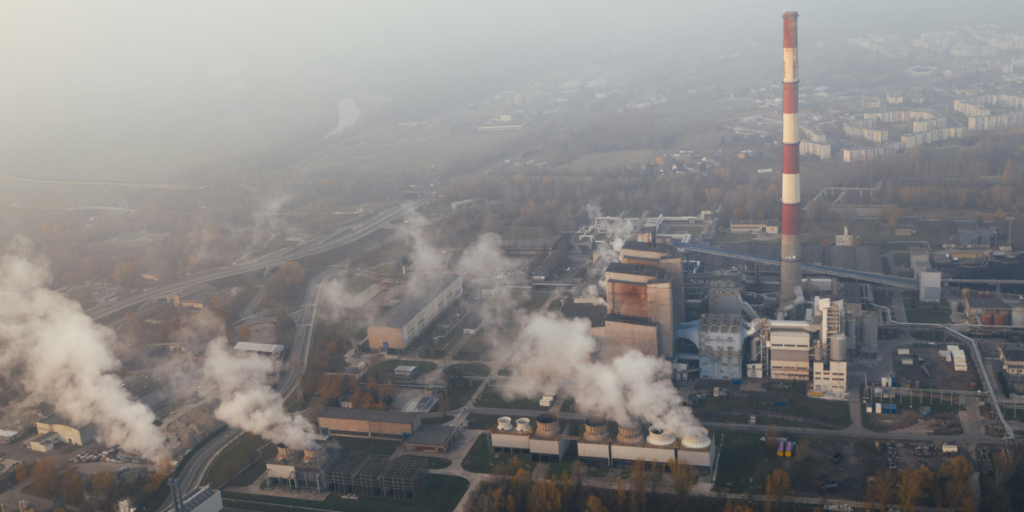
In the midst of a global climate crisis, the United Kingdom stands at a critical juncture in its energy transition journey. With ambitious targets to reduce greenhouse gas emissions, increase renewable energy capacity, and achieve net-zero carbon emissions by 2050, the UK’s energy landscape is undergoing a profound transformation. This transition, while challenging, presents a unique opportunity to embrace cleaner, more sustainable sources of energy and pave the way for a greener future.
The Need for Transition
The imperative for the UK energy transition is driven by several factors, including the urgent need to mitigate climate change, reduce dependence on fossil fuels, and enhance energy security. As one of the world’s largest historical emitters of greenhouse gases, the UK recognizes the importance of taking decisive action to curb emissions and transition to a low-carbon economy. By embracing renewable energy sources such as wind, solar, and hydroelectric power, the UK aims to not only reduce its carbon footprint but also create new economic opportunities and foster innovation in clean energy technologies.
Renewable Energy Revolution
Central to the UK’s energy transition is the rapid expansion of renewable energy capacity. Wind power, in particular, has emerged as a cornerstone of the UK’s clean energy strategy, with the country boasting some of the world’s largest offshore wind farms. Investments in solar energy, biomass, and hydroelectric power further diversify the renewable energy portfolio, providing a reliable and sustainable alternative to fossil fuels. Through targeted incentives, subsidies, and regulatory frameworks, the UK government aims to accelerate the deployment of renewable energy infrastructure and drive down costs, making clean energy accessible to all.
Energy Efficiency and Conservation
In addition to increasing renewable energy generation, the UK is prioritizing energy efficiency and conservation measures to reduce energy consumption and minimize waste. From upgrading building insulation and implementing energy-efficient appliances to promoting sustainable transportation options and incentivizing energy-saving practices, the UK is committed to maximizing the efficiency of its energy systems and minimizing environmental impact. By empowering consumers and businesses to adopt more sustainable behaviors and technologies, the UK aims to achieve significant reductions in energy demand and carbon emissions.
Challenges and Opportunities
While the UK’s energy transition holds great promise, it is not without its challenges. The intermittent nature of renewable energy sources poses challenges to grid stability and reliability, requiring innovative solutions such as energy storage and demand response mechanisms. Additionally, the transition away from fossil fuels may have economic implications for traditional energy industries and regions reliant on coal, oil, and gas. However, with proper planning, investment, and stakeholder engagement, these challenges can be overcome, unlocking new opportunities for economic growth, job creation, and environmental stewardship.
Conclusion
The UK energy transition represents a transformative journey towards a more sustainable, resilient, and equitable energy future. By embracing renewable energy, enhancing energy efficiency, and fostering innovation, the UK is positioning itself as a global leader in the fight against climate change and the transition to a low-carbon economy.
As the world looks to address the pressing challenges of climate change and energy security, the UK’s experience serves as the light of hope and inspiration, demonstrating that a clean energy future is not only achievable but essential for the well-being of future generations.
















